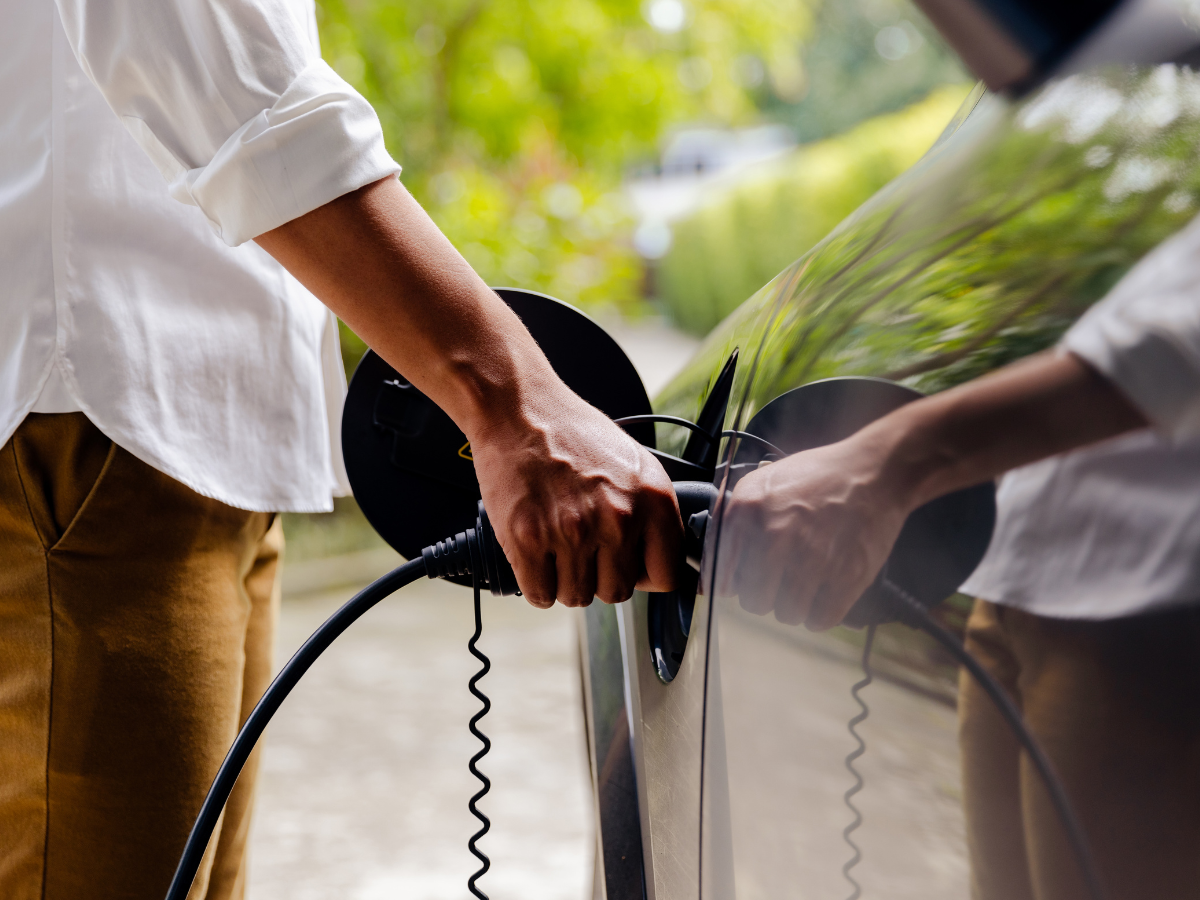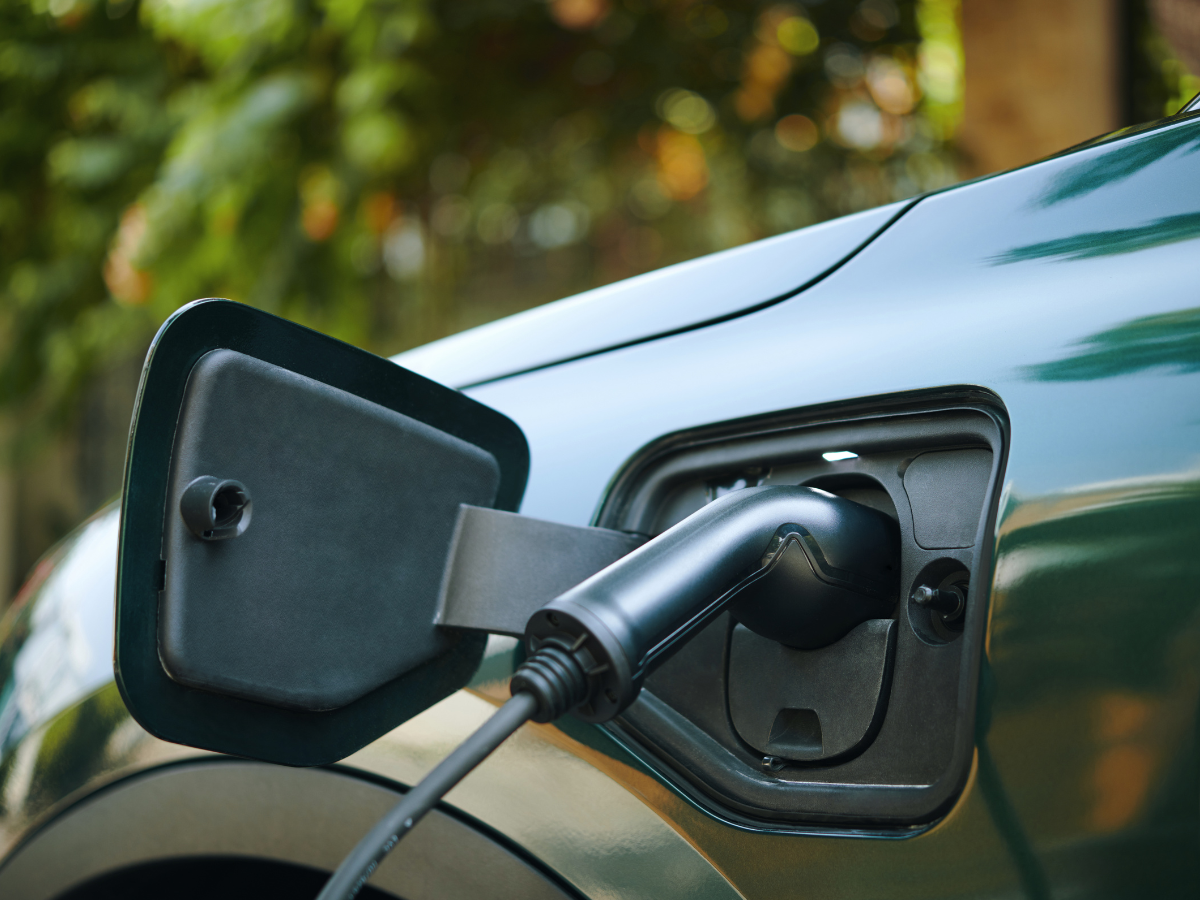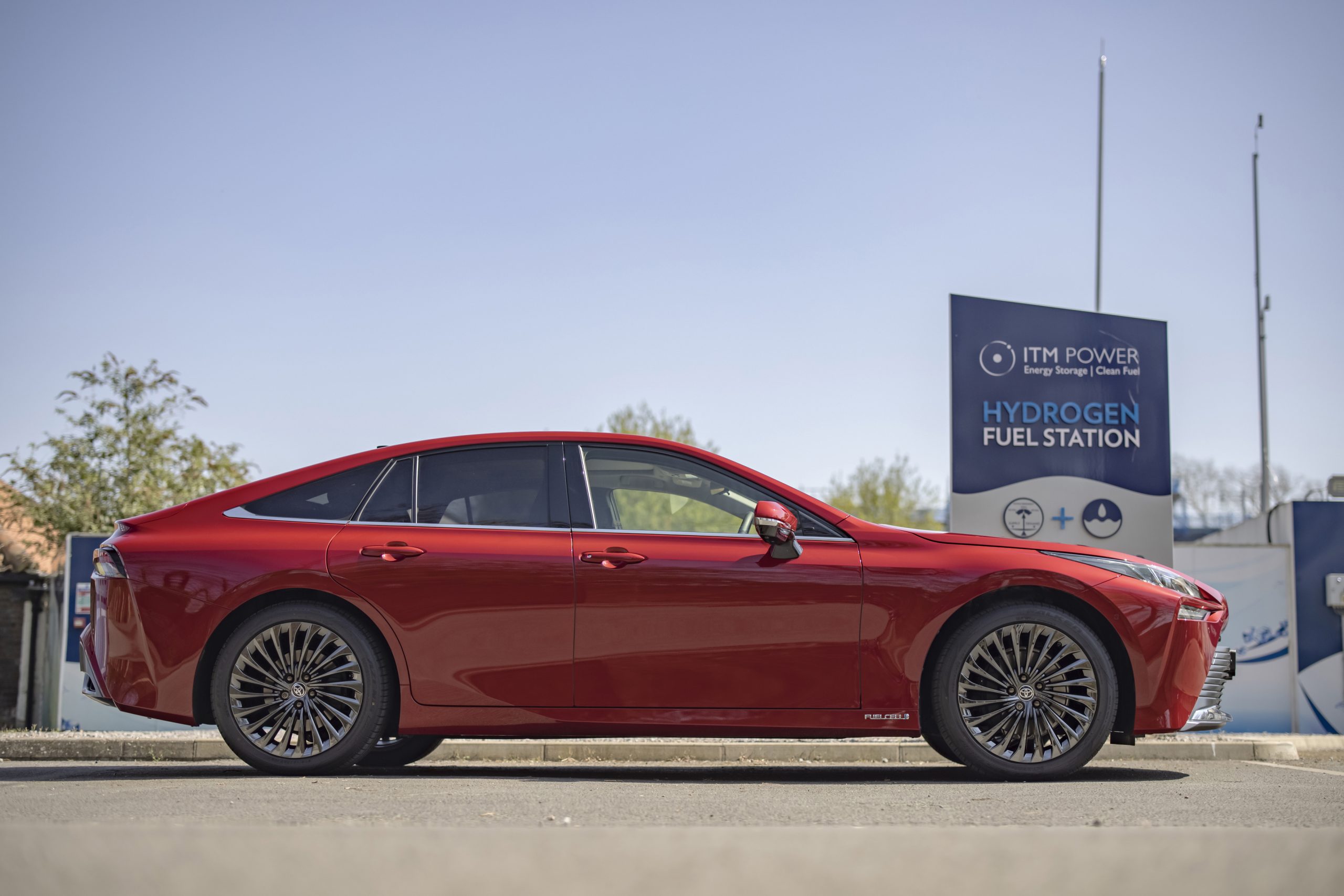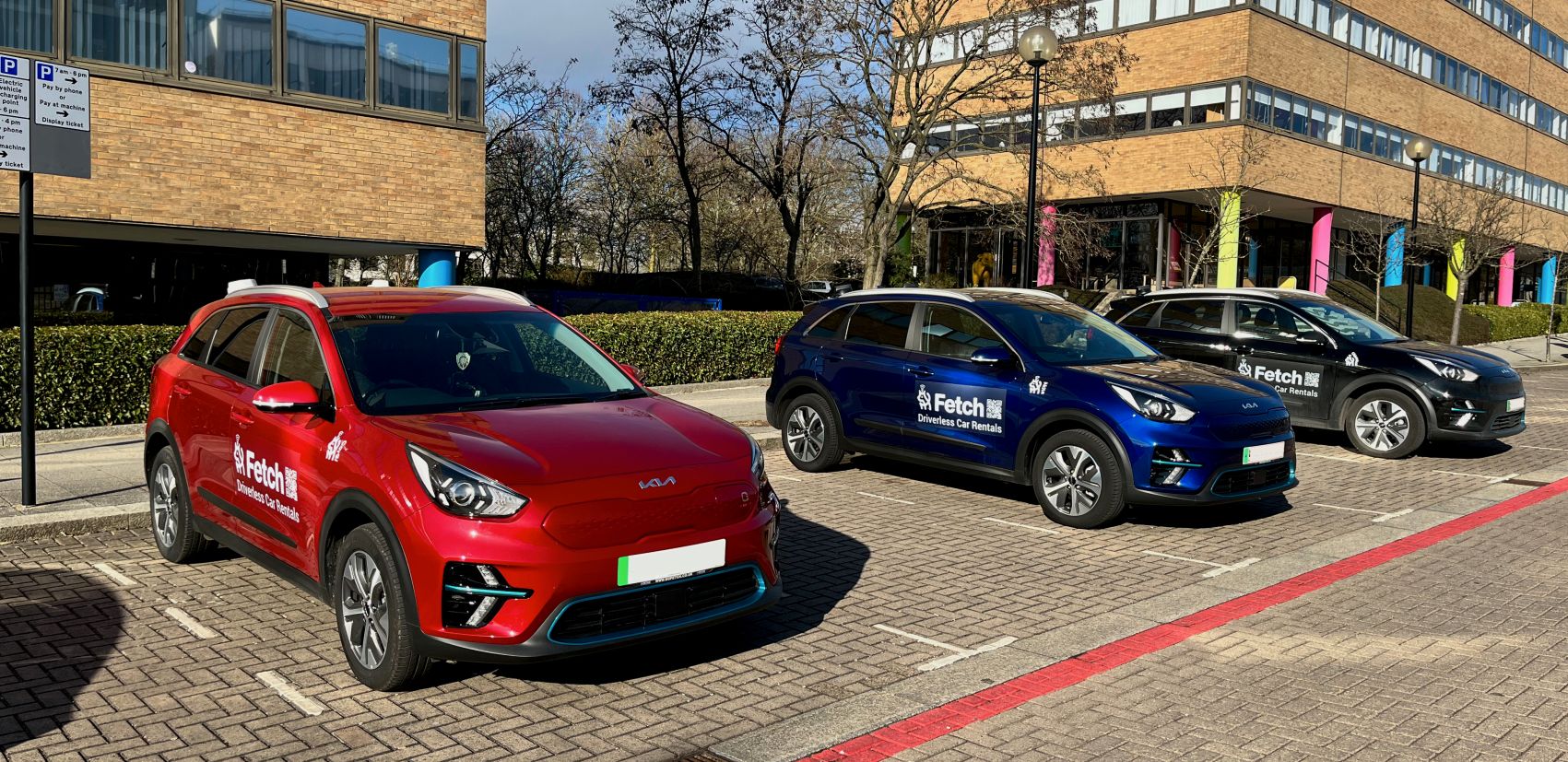A consortium consisting of the University of Plymouth, Aqua superPower, ZPN Energy, South Hams District Council and the UK Harbour Managers’ Association has secured 3.2 million GBP in UK government funding to deliver marine charging infrastructure across the south coast of England.
As part of the Electric Seaway project, ten additional sites have now been selected to plug into the UK’s charging network for electric boats, which was first established in Plymouth in 2022.
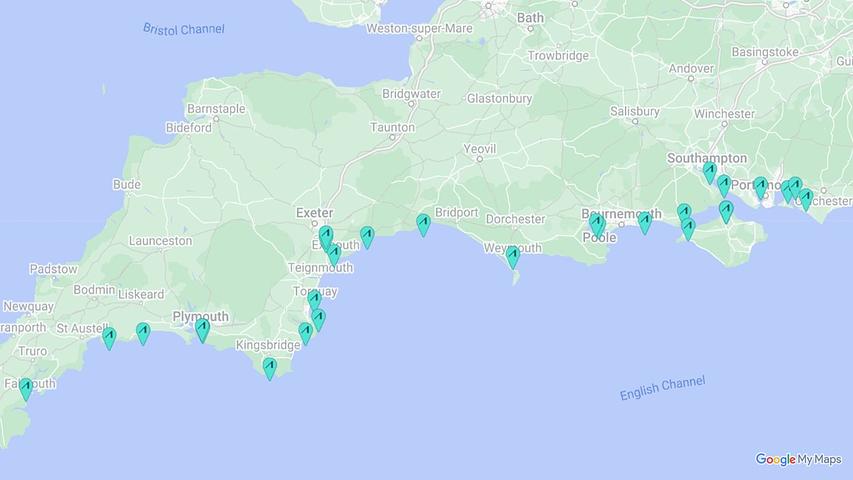
This project aims to establish the necessary infrastructure to power the region’s growing fleet of electric maritime vessels, supporting the government’s Maritime 2050 decarbonisation goals.
Specifically, the new chargers will target leisure and commercial vessels under 24 metres in size.
Richard Pemberton, Lecturer in Mechanical and Marine Engineering Design at the University of Plymouth, said:There are a number of challenges we need to overcome if we are to meet the Government’s target of having a zero-emission maritime fleet by 2050. However, our existing work in this area has provided a number of solutions and shown what can be achieved through collaborations between industry, research, boat owners and other agencies. The Electric Seaway gives us the platform to build on that, and to enable more people and environments to benefit from the transition to cleaner fuels.
The Electric Seaway project aims to develop batteries and chargers that operate simply and efficiently while making use of all forms of energy, including renewables.
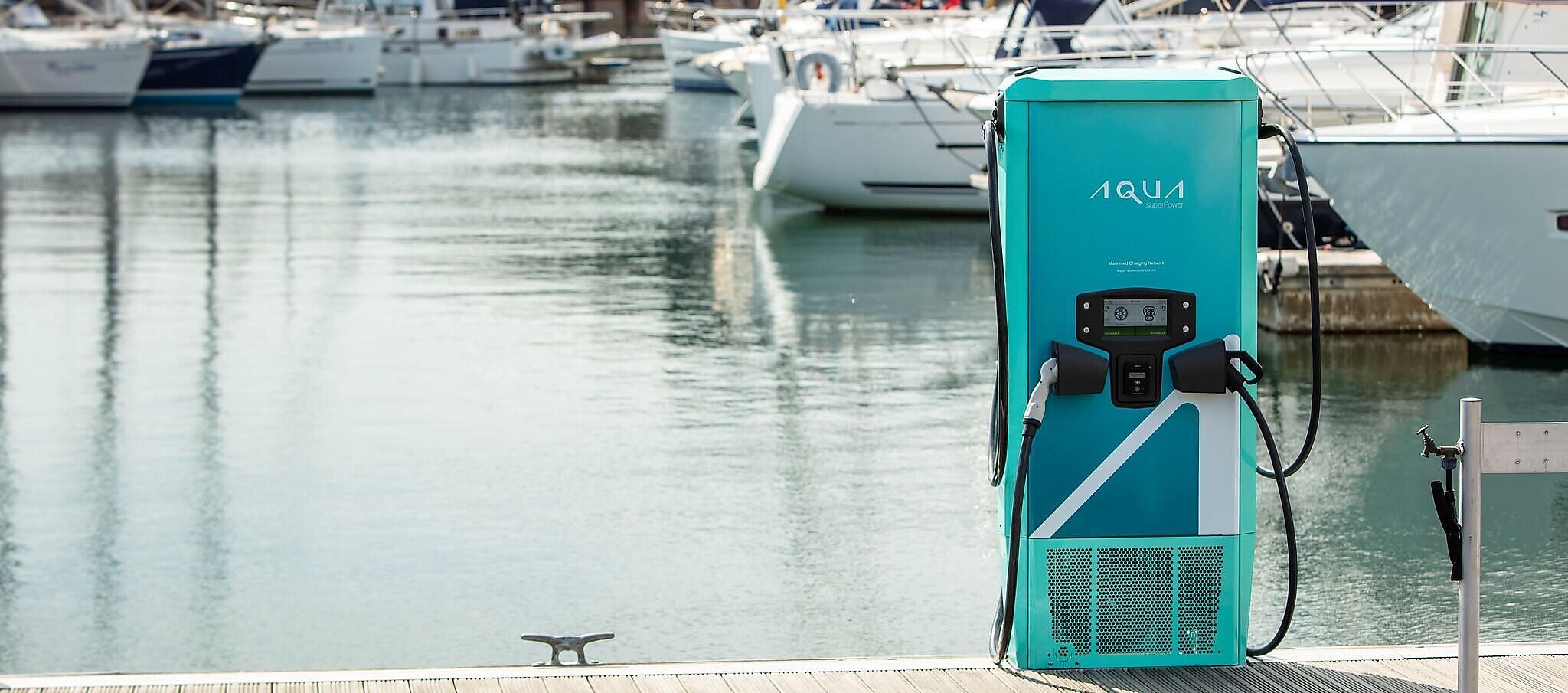
Environmental sensors will be deployed at all sites to monitor the impact of the new chargers. This data will be used to create a business model and strategy that will enable a scaled deployment of marine charging infrastructure across the UK.
Alex Bamberg, CEO of Aqua superPower, said:This is a fantastic opportunity to create critical marine charging infrastructure on the south coast of England that can provide confidence to both commercial and leisure users by minimising range and charging anxiety as seen in the EV sector.



